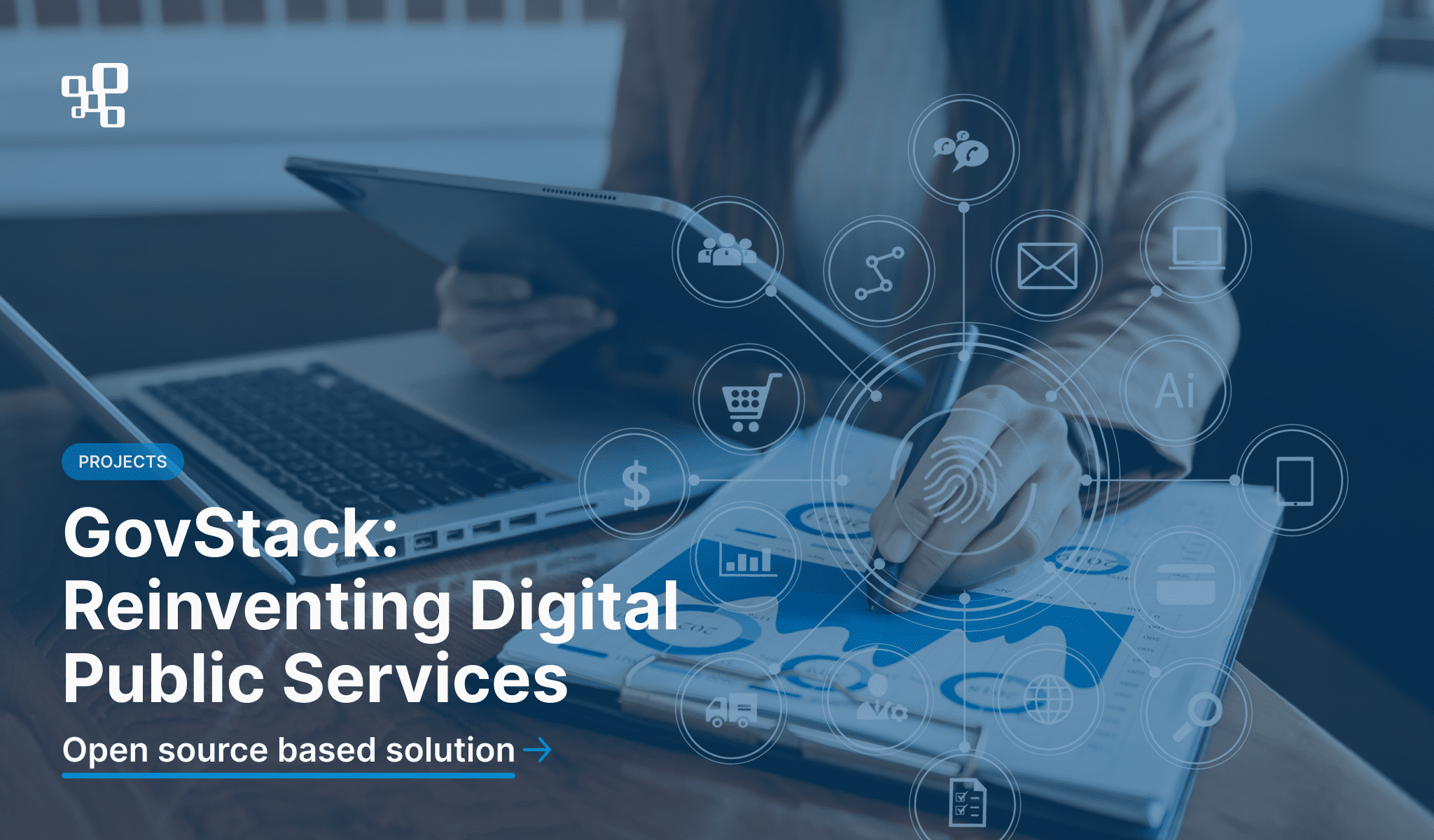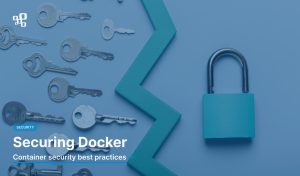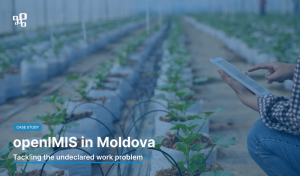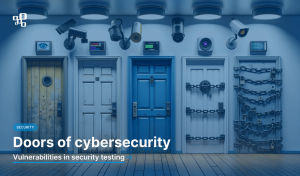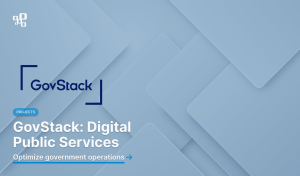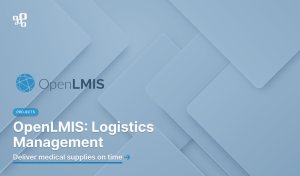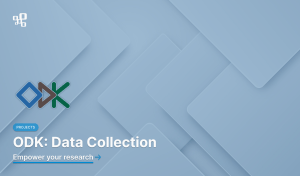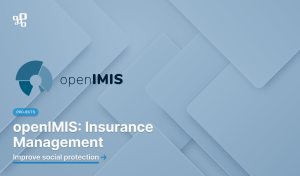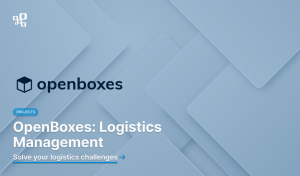How many interactions does an average governmental transaction require in your country? It might be one or two, if you’re lucky. But there is a high probability that this number is much higher.
In the world of digitization, where almost everything can be done online, it is unreasonable for governments to stay behind, and continuously rely on endless complex procedures and formalities that often involve the act of walking around from one place to another with a folder of documents, and waiting in long queues for many hours in order to get anything done.
To address this problem, the GovStack initiative was created.
Reinventing digital public services
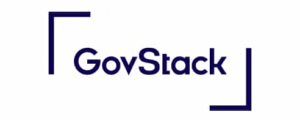
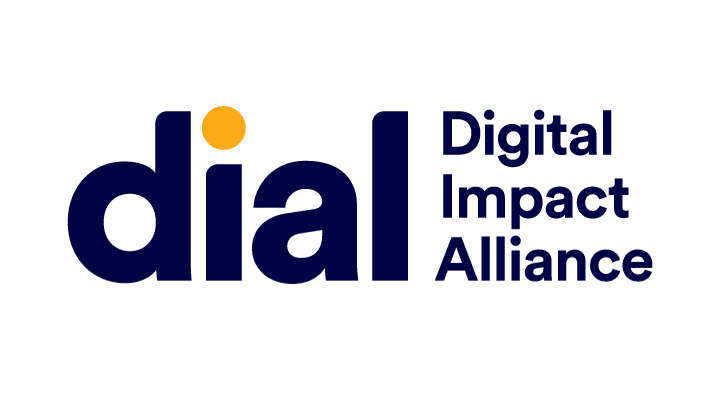

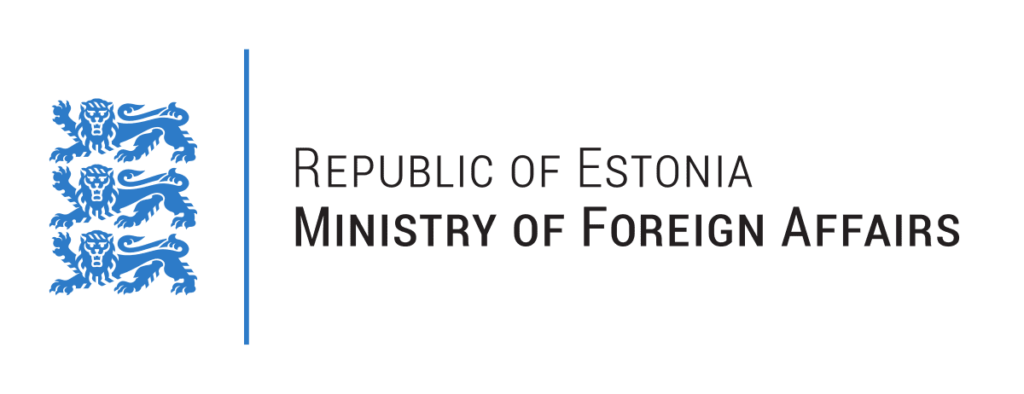
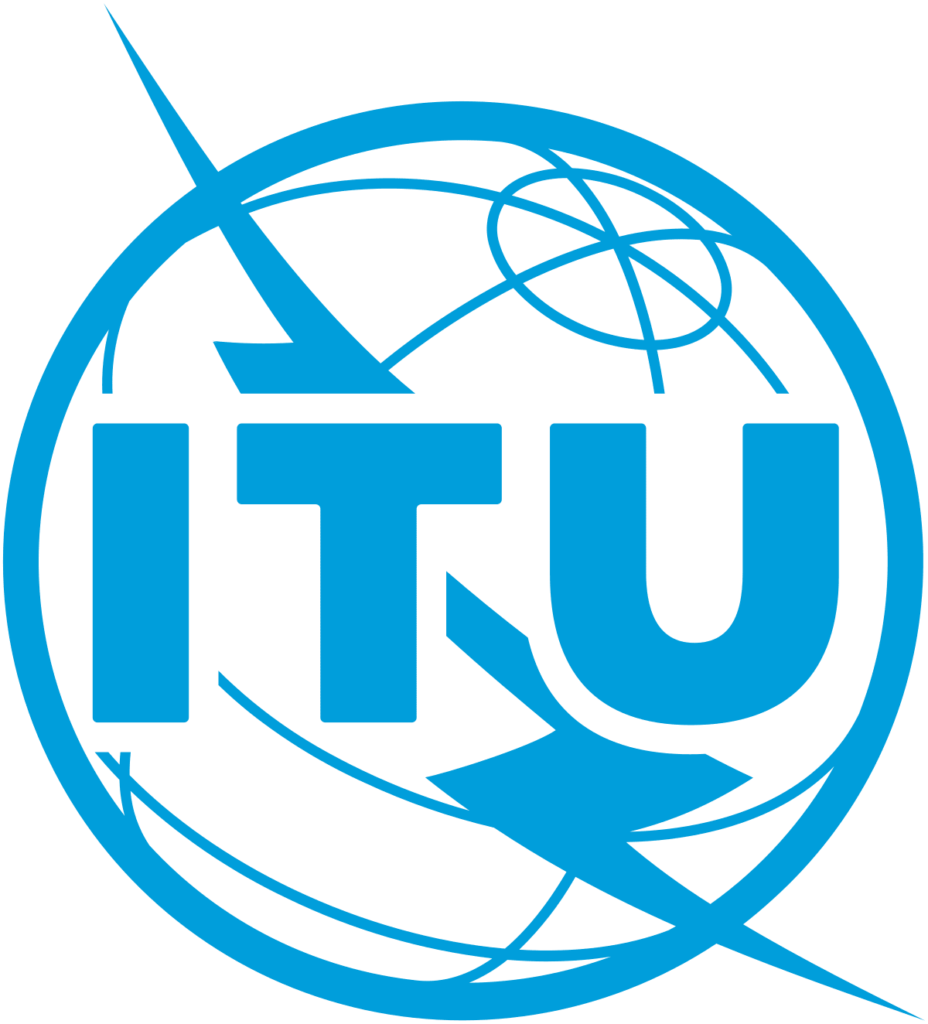
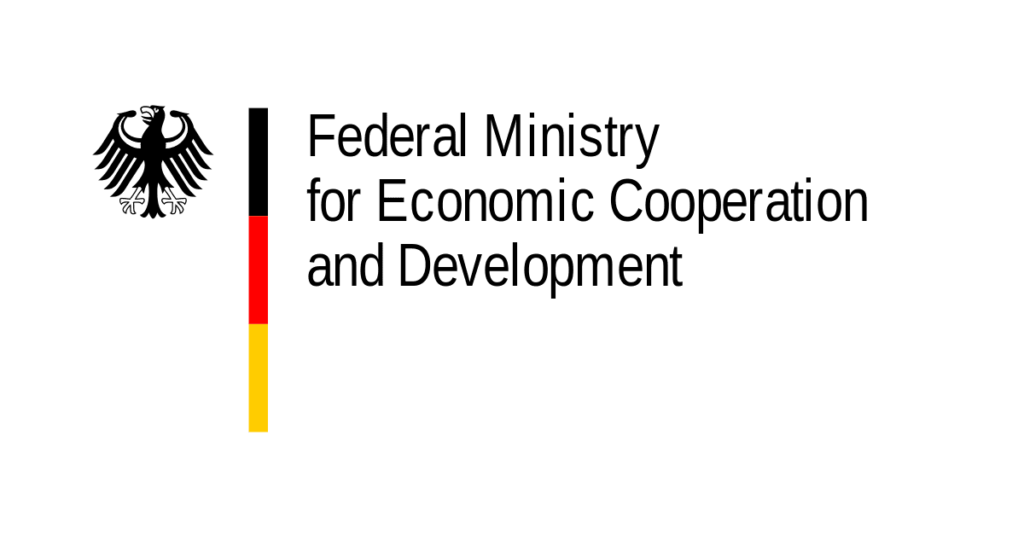
Digitization of public services is inevitable. However, the process is marked with many challenges.
For the past decade, the number of governmental digital platforms rapidly increased, providing more variety of public services accessible online. Although the variety itself is a positive thing, it also generated interoperability problems. There are simply too many platforms created by separate institutions, each focused on their own field, without a bigger picture in mind. The lack of holistic approach to the digital public services results in chaotic and inconsistent procedures that are both costly and troublesome for end-users – the citizens.
Another problem that comes from the lack of cooperative approach is the doubled work. Governments often end up creating solutions that already exist i.e. in the form of an open-source software. It’s a waste of time, effort, and money that could have been spent more efficiently. Since the funding of digital transformation is a challenging point in every government’s digital strategy, the more important it is to avoid any unnecessary expenses.
Scalability is also one of the biggest challenges that governments face when engaging in digital transformation. The solutions applied need to be scalable so that they can flexibly meet all of the public needs. Otherwise, the online government services will end up being highly limited.
Considering all of the challenges mentioned above, a collaborative group of Federal Ministry for Economic Cooperation and Development, Gesellschaft für Internationale Zusammenarbeit (GIZ), the Government of Estonia, the International Telecommunication Union (ITU) and the Digital Impact Alliance decided to develop a solution that would reinvent digital government services by addressing the problems most often encountered during the public digital transformations. GovStack was designed to support a new model of development, based on the interconnected ecosystem of universal components, rather than a collection of separate, unrelated applications.
Digital ecosystem of government services
The main idea is for each country to have a platform composed of reusable building blocks. These blocks are designed to provide the key functionalities within the digital public services ecosystem, and can be used as a core engine of the platform. Building blocks are, in other words, generic, interoperable components that can be rearranged into new applications depending on the needs of the government. They can fit various different use cases, and be reapplied multiple times in different contexts. A few examples of such software components are the following: registration, payments, messaging, scheduling, security, data collection, eLearning, consent management, artificial intelligence, etc.
The advantage of such an approach is that it reduces the time, costs and effort put into creating and testing new platforms, instead providing governments with a stack of universal, reusable technological solutions suited for generic workflows. Basing all governmental applications on these building components also provides consistency across different sectors, making it easier to use and understand public services for both administrators and end-users.
Among these building blocks there are solutions that are open-source, commercial off-the-shelf (COTS), or freely available with open access to data. The goal is to lower the costs and effort put into developing new software components, if there already are ones that can be used. By utilizing interoperable open-source solutions, governments can share between each other the costs of maintaining them, making it more beneficial for each of the sides.
The GovStack’s mission is to promote this digital ecosystem, and assist countries that decide on taking part in the initiative by connecting and uniting governments in the pursuit of shared digital solutions. GovStack offers help in the following challenges:
- Assessing e-government readiness and roadmap development;
- Piloting of e-government use case;
- Strengthening local capacity;
- Contribution of local actors to the Building Block specifications;
- Participation of local actors in Communities of Practice.
Sustainable Development Goals
GovStack is an initiative focused on promoting and supporting the Sustainable Development Goals (SDGs), adopted by the United Nation in 2015. SDGs are designed to guide global communities towards sustainable development in various areas of social, economic and environmental life. GovStack follows the SDGs’ guidance by facilitating access to digital public services in the spirit of scalability and sustainability. Solutions developed by GovStack align with the following SGDs guiding principles:
- Reusable software components;
- Licensed as open source, proprietary, or freely available with Open Access to data;
- Facilitates one or more generic Workflows;
- Applicable to multiple SDG Use Cases across multiple sectors;
- Interoperable with other ICT Building Blocks;
- Designed for Scalability;
- Designed for Extensibility.
Benefits of implementing GovStack
There is a number of reasons why GovStack is a beneficial solution:
Speed of delivery
Basing all digital public services on reusable interchangeable software components, instead of developing a new platform for every service, allows governments to deliver solutions faster. The time saved this way can be allocated somewhere else.
Cost-effectiveness
By leveraging cloud-based infrastructure and open-source software, GovStack can be a cost-effective solution for government agencies looking to modernize their digital services.
Improved efficiency
Government agencies often operate on complex processes and workflows that can be made more efficient through the use of GovStack. It provides a range of building blocks that can cover the needs of various government institutions.
Enhanced security
With the increasing threat of cyber attacks and data breaches, government agencies need to ensure that their digital services are secure. GovStack includes various security tools and practices to help protect government data and systems from unauthorized access.
Increased agility
GovStack is built on open-source technologies that can be customized and extended to meet the unique needs of different government institutions. This allows for greater innovation and flexibility in the development of digital services. It also enables quick response to unexpected circumstances (i.e. global pandemic).
Citizen engagement
By providing citizens with modern, user-friendly digital services, governments can improve citizen engagement and satisfaction. GovStack can help governments build digital services that are consistent, accessible, easy to use, and meet the needs of citizens.
Our collaboration with the GovStack initiative
SolDevelo has been involved in the GovStack project since the end of November, 2023.
We’ve formed a testing group that is responsible for testing API specification for all the building blocks. The compliance with API specification is an extremely important part of the GovStack initiative. We’ve created a template for test development. It involves testing the APIs for functionality, performance, security, and other important factors.
We’re also developing a testing platform, which is used to show how candidate products align with the technical specifications that have been developed by GovStack for various building blocks. For each building block, a series of APIs have been defined and tests have been developed, which any compliant product must be able to pass. These tests are run against candidate platforms, and the application provides detailed information on which tests are passing and which ones are failing. Users may select any building block that they are interested in, and view candidate products as well as their current level of compliance with the API.
To offer further support, our team is actively taking part in the GovStack Technical Committee, where we’re providing guidance and helping with making technical decisions.
As a solution provider experienced with open-source technologies, we believe that increasing their accessibility, and designing tools that support utilizing them, is an essential part of sustainable development. Initiatives such as GovStack or DIAL Catalog are bringing a very needed change into the technology landscape. SolDevelo will continue to engage in the development of solutions that prioritize helping people and making the best use out of the possibilities of the modern world.

